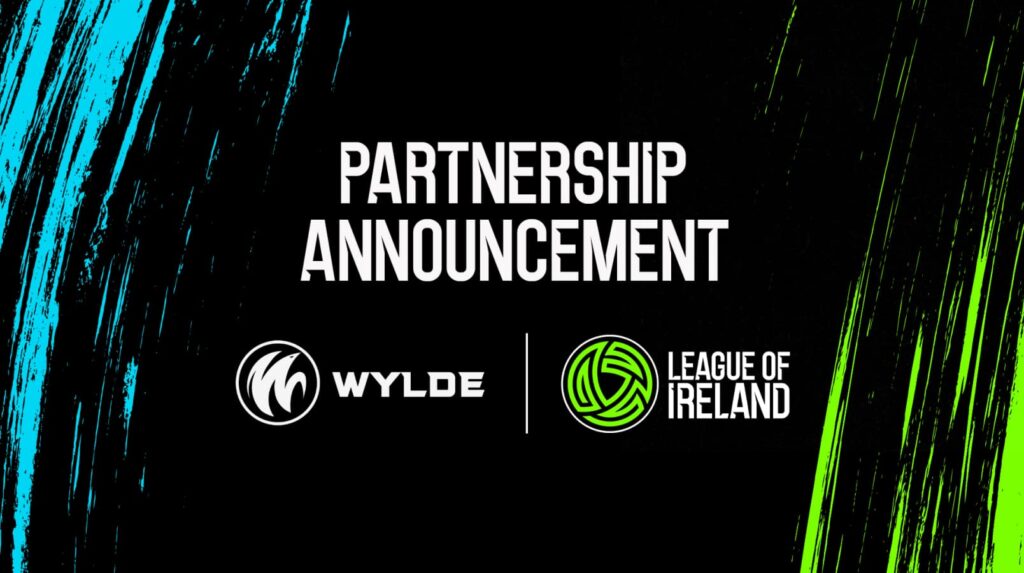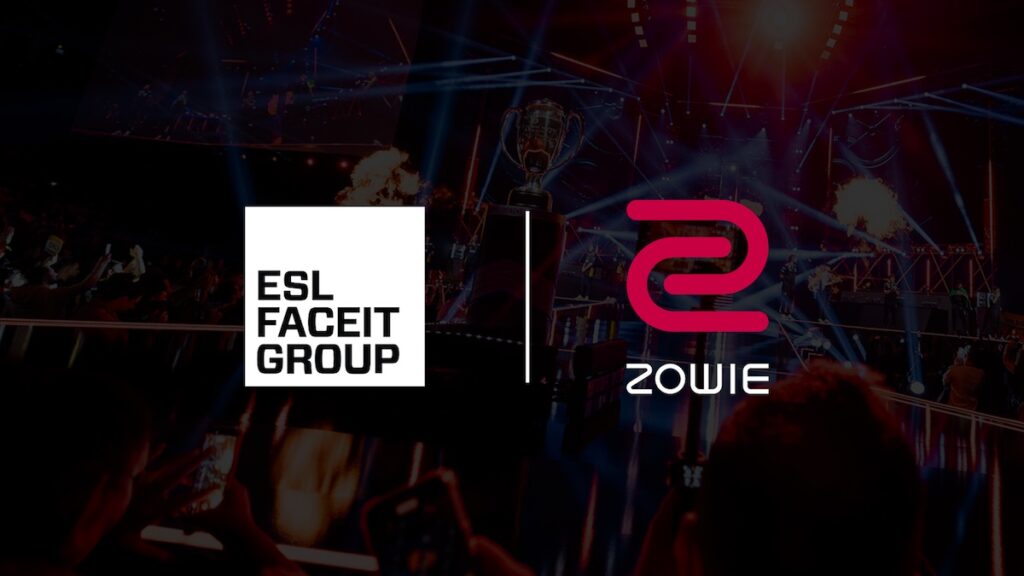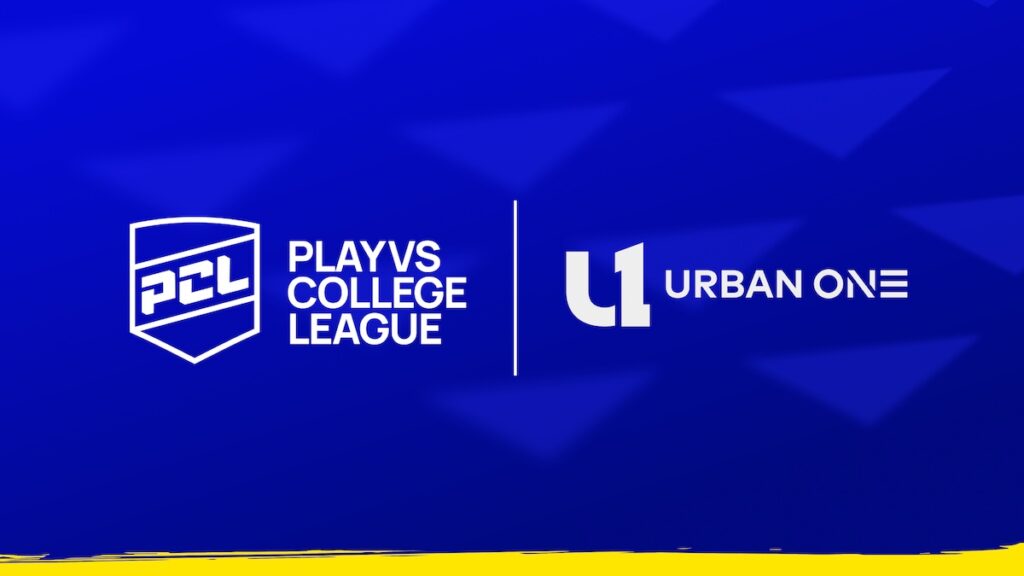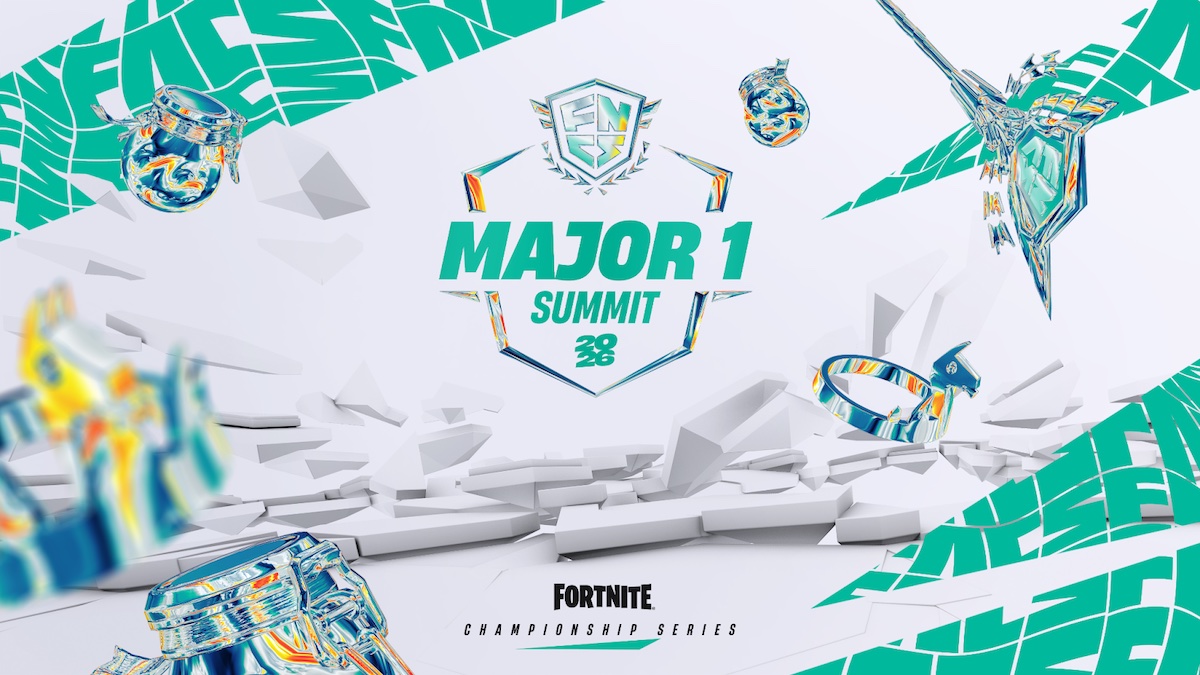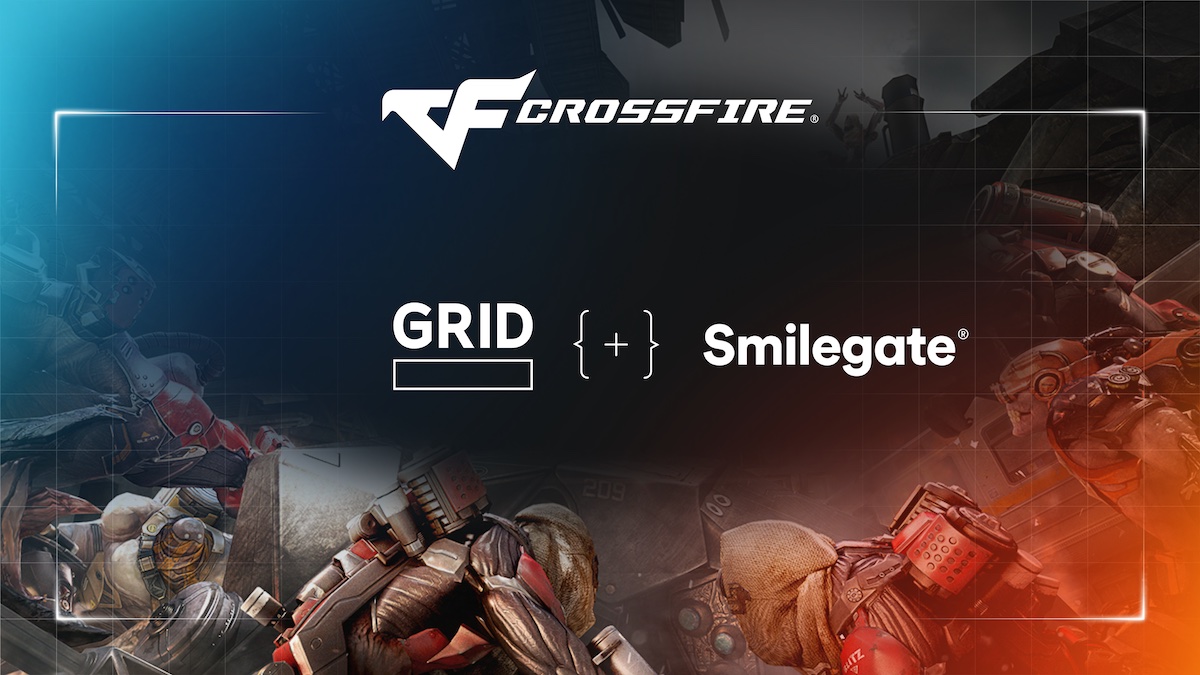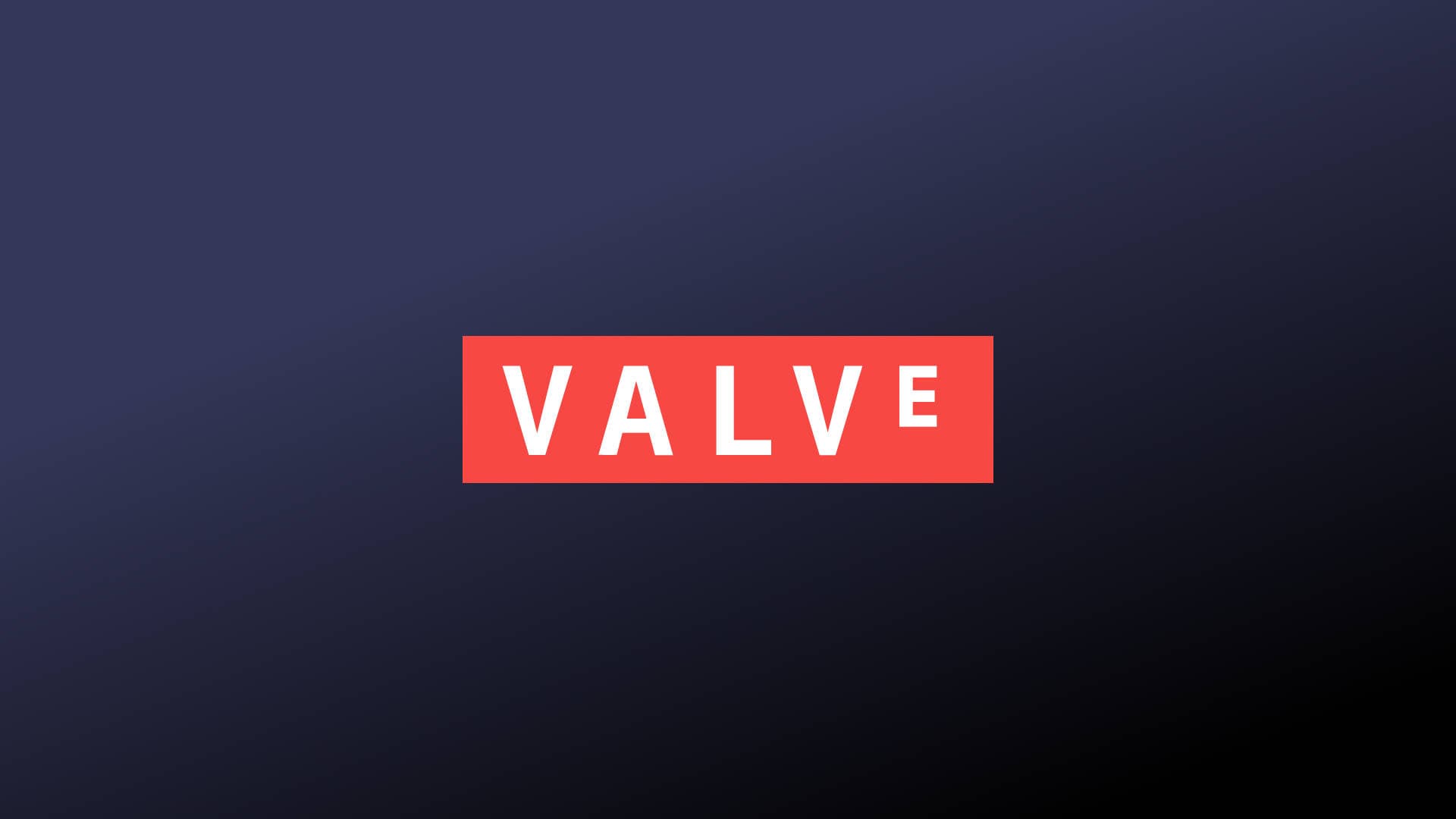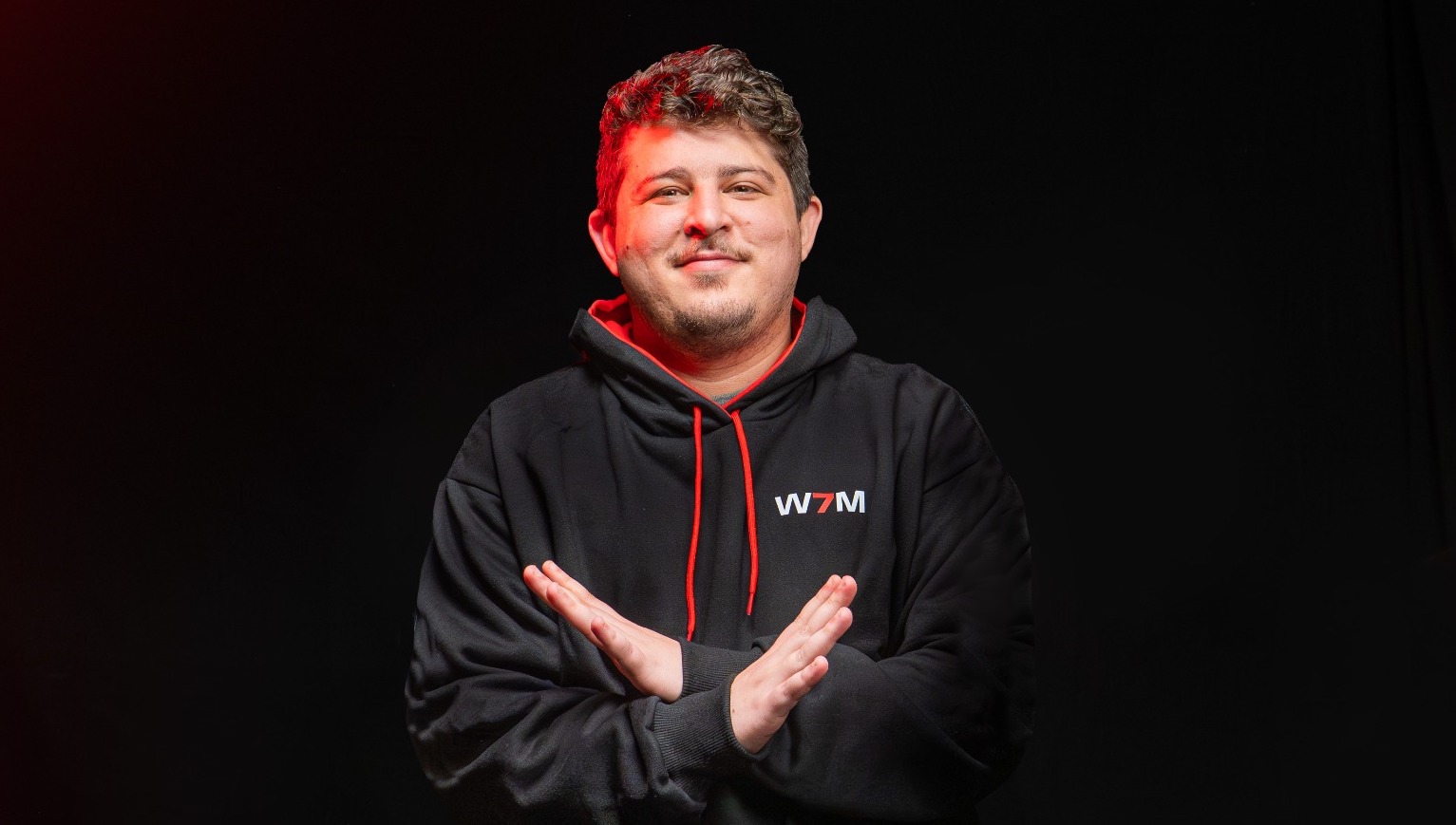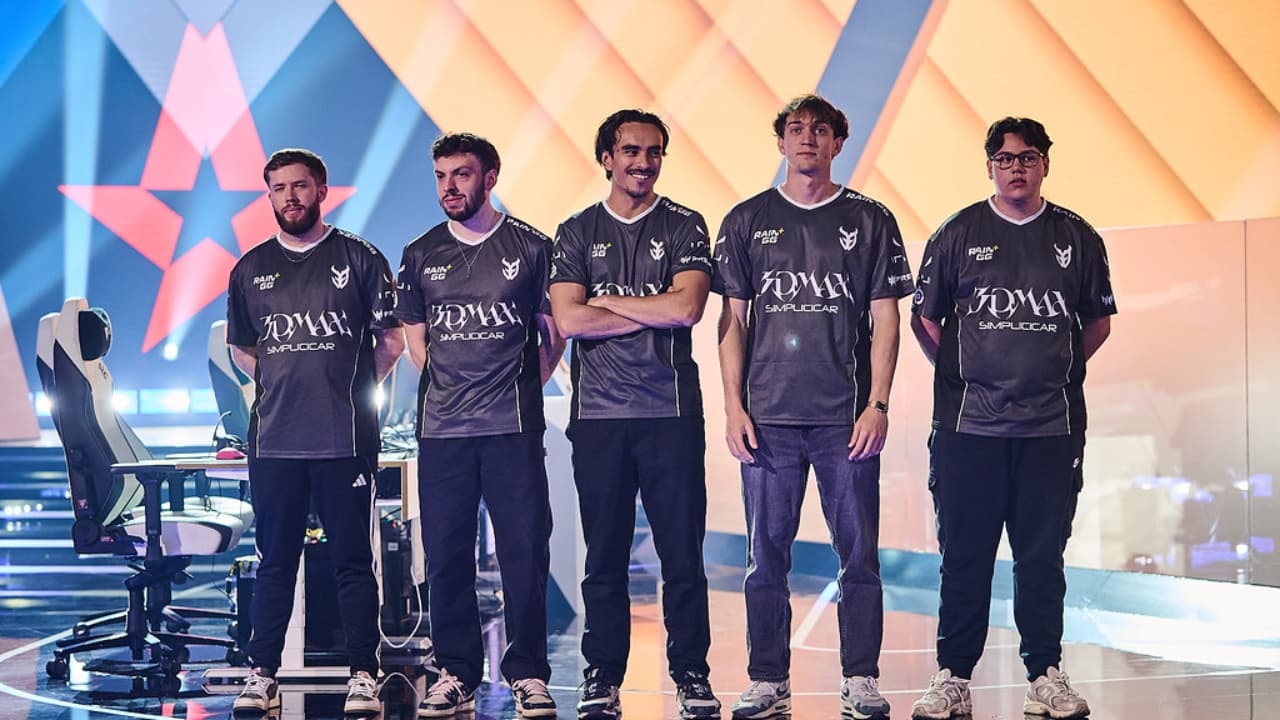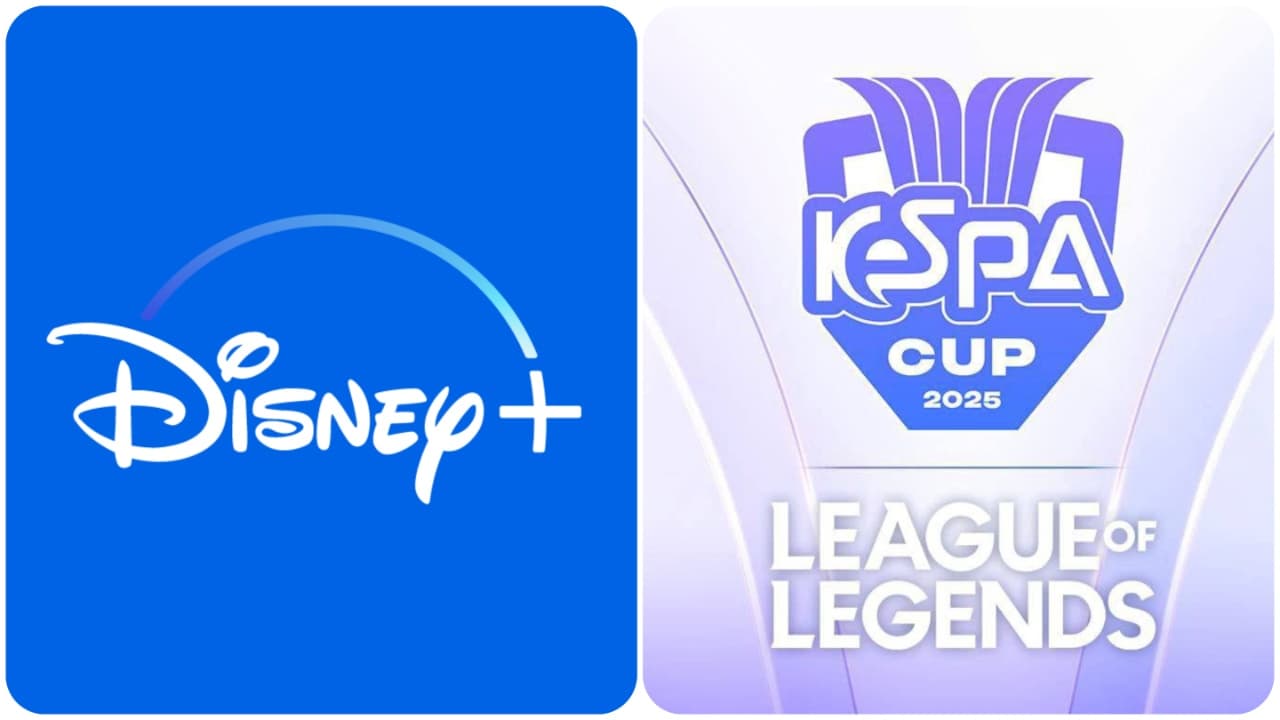Esports organisation Team Vitality and AI-based moderation firm Bodyguard have published their first joint report on online hate and toxicity, providing data on the scale of the issue.
The report, released to coincide with Mental Health Awareness Week and World Mental Health Day, analyses data from a protected period between 1st August and 6th October 2025. It forms part of Team Vitality’s KARE programme, an initiative launched in 2023 that is supported by partner EVNIA (Philips’ gaming monitor brand) and focuses on mental health through “awareness, prevention and action.”
The findings are based on the protection of 19 Team Vitality-associated accounts, including both male and female players and official club channels. Bodyguard’s technology analysed over 57,000 messages, blocking more than 2,000 deemed hateful. This protection extended to a combined follower base of over 4.5 million across Instagram, TikTok, Twitch, X, and YouTube.
A key metric from the report indicates that 3.6% of messages directed at Team Vitality were hateful. This figure sits slightly below the stated esports industry average of 4.2%, suggesting the measures implemented may be having an initial effect. For context, the report notes that while football faces a lower toxicity rate of 3%, it is “much more affected by unwanted content.”
The nature of the blocked messages was severe, including “violent attacks related to performance, calls to exclude certain players, racist, homophobic, fatphobic, or religious insults, as well as threats targeting players’ families.” The report also identified that some individual users were responsible for a disproportionately high volume of toxic content, with such messages making up “as much as 80% of their comments.”
The impact of this abuse on competitors was a central theme. “In esports, just like in traditional sports, online hate can destroy careers. With Bodyguard, we protect both the players and the passion of millions of fans,” said Charles Cohen, Founder and CEO of Bodyguard.
The report also highlighted a comparative lack of positive reinforcement in esports. While over 10% of messages were positive—a figure in line with industry standards—this contrasts sharply with football, where “nearly one in four messages is positive (24%).” This gap underscores a specific challenge for the sector: “esports fans express their enthusiasm as much through criticism and toxic comments as through passion.”




